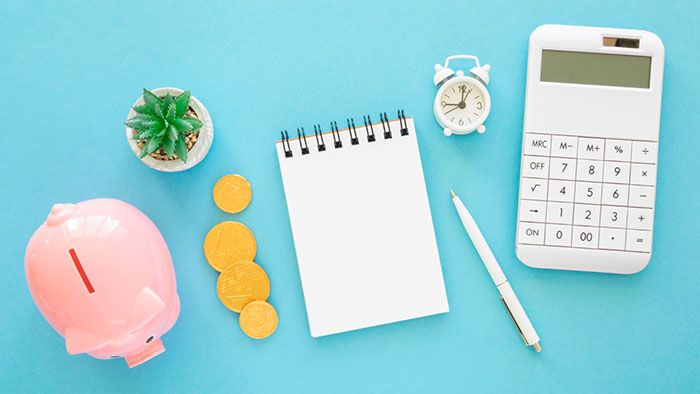A Comprehensive Guide on How to Make a Budget

When you are balancing your checkbook or looking through your online bank statements do you often wonder just where the money has gone? Have you tried budgeting before only to forget about writing down your purchases? If you’ve tried to create and follow a budget only to give up after a few weeks, it means you just haven’t found the right method. Everyone is different, so the key isn’t following the newest or most popular financial management method, it’s finding the strategy that works for you and your lifestyle.
Top Picks for a Realistic and Achievable Financial Plan

Creating and sticking to a budget is an essential skill that can help individuals and households achieve financial stability and meet their goals. However, the process of budgeting may seem daunting or confusing to many people. In this article, we will provide you with a comprehensive guide on how to make a budget, outlining the steps and strategies to effectively manage your finances.
Record-Keeping Method
While it seems like nearly every part of life has moved from physical analog record-keeping to a digital version, there are still many people who prefer a pen and paper over an app. If you’ve tried several different budgeting software programs or apps and given up, start using a traditional hand-written method instead. Balancing a checkbook, keeping a ledger, or writing down your purchases in a dedicated notebook may be the key to feeling connected to your budget. If you prefer a physical record of spending, you could incorporate other physical aspects, such as paying with cash.
If, on the other hand, you prefer a digital record keeping method, find a software program, online site or app that you like. Use the program to make and track your budget and take advantage of the built-in tools. Some programs can break your spending into percentages based on categories or remind you to transfer some money into savings. If you prefer using an “envelope system” to ensure you stick to your budget, there are digital versions as well that don’t require you to actually carry cash.
Non-Essential Spending
For most people, the category where spending always tends to get out of hand is non-essential spending. Whether it’s impulse purchases, eating out or simply overspending on clothes or entertainment, it’s the area that most often doesn’t stick to the budgeting rules. Self-control is an important part of not overspending, but budgeting properly can also help. If you try to write a budget without any room for non-essential spending, it’s a much bigger deal when you spend on something outside the budget. If your budget (and stick to) a certain amount for non-essentials, impulse buys aren’t such a big deal.
Essential Spending
It’s vital to budget for essential expenses, such as mortgage or rent payments, food, utilities, and insurance. While these costs will remain relatively constant every month, you can take some steps to reduce these expenses. Consider whether or not refinancing your mortgage would be a good option. Talk to a local agent to see if you can find a better deal on auto insurance in Seattle than you have now. You can even sometimes save money by switching cable, cell phone, or internet providers.
Many people find it a challenge to set a realistic budget and then stick to it. However, there are some things you can do to help keep your personal finances secure. It’s good to find a record-keeping system that works for you, whether analog or digital. You can also try to reduce your essential spending and leave room in your budget for non-essentials so you have more control on your spending every month.
Tackle Debt
If you have outstanding debt, create a plan to pay it off systematically. Focus on high-interest debts first, while making minimum payments on other debts. Consider debt consolidation or refinancing options to lower interest rates. As you pay off debts, reallocate the funds towards savings or paying off other debts.
Read Also: Choosing Debts to Pay Off
Review and Adjust
Regularly review your budget to track your progress and make adjustments as needed. Life circumstances and financial goals may change, requiring modifications to your budget. Be flexible and willing to adapt your spending habits to stay on track with your financial objectives.
Seek Additional Ways to Save
Alongside budgeting, there are numerous strategies you can employ to save money and maximize your financial potential. Consider implementing cost-cutting measures such as negotiating bills, eliminating unnecessary subscriptions, and comparison shopping for essential items. Additionally, look for opportunities to increase your income, such as freelancing or starting a side business. Every dollar saved or earned contributes to your overall financial well-being.
Conclusion
Creating a budget is a vital step toward achieving financial stability and reaching your financial goals. By assessing your financial situation, setting goals, tracking expenses, and making informed decisions about income and expenses, you can take control of your finances. Remember, budgeting is an ongoing process that requires discipline and commitment. With time, practice, and adjustments, you can develop a budgeting routine that empowers you to make sound financial choices and secure your future.

news via inbox
Sign up and never miss out on the latest news and updates at HighStuff



